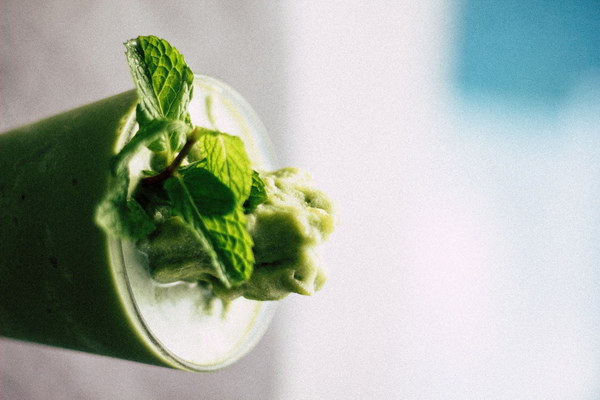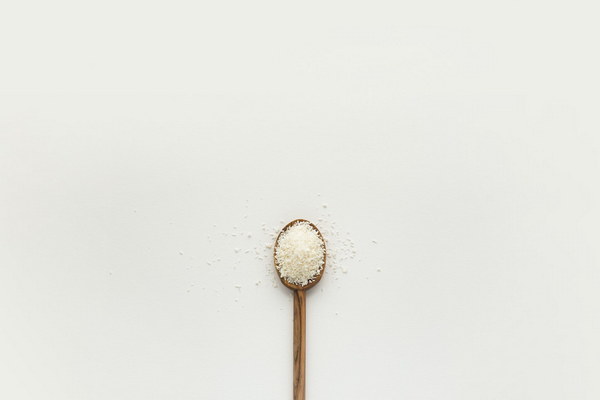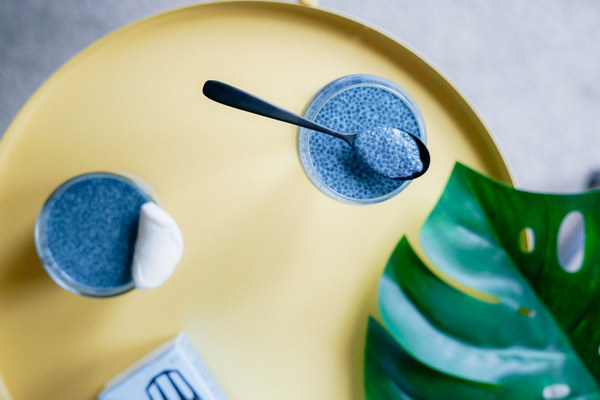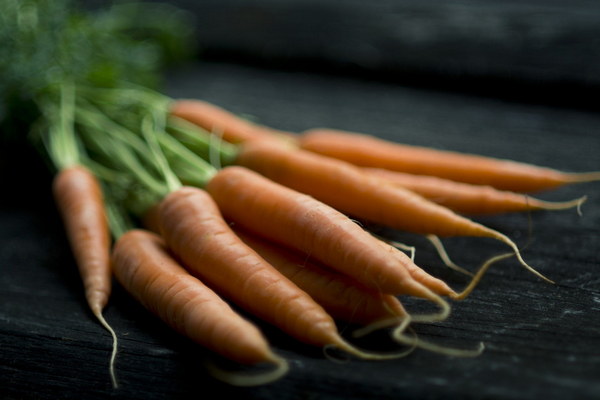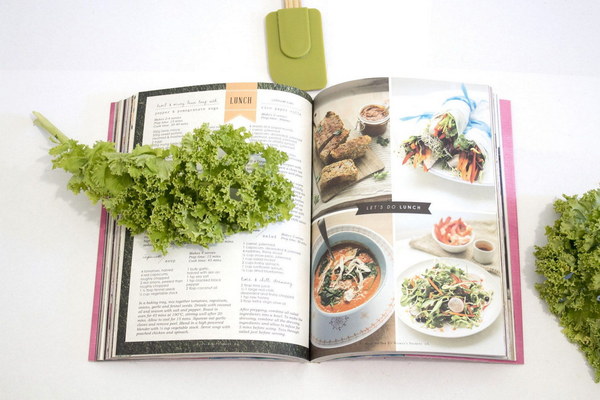Navigating the Double-Edged Sword The Risks and Benefits of Herbs Affecting Liver and Kidney Health
The Risks and Benefits of Herbs Affecting Liver and Kidney Health
In the realm of traditional medicine, herbs have been used for centuries to treat a wide array of ailments. However, certain herbal remedies are known for their dual nature—they can be both beneficial for the liver and harmful to the kidneys. This article delves into the intricacies of such herbs, exploring their potential benefits and risks to both organs.

Herbs That Can Heal and Harm: A Closer Look
One of the most famous examples of herbs that can affect both the liver and kidneys is milk thistle (Silybum marianum). This plant is widely revered for its ability to protect the liver, particularly in cases of liver disease such as hepatitis or cirrhosis. The active compound in milk thistle, silymarin, is thought to have antioxidant, anti-inflammatory, and liver-protective properties.
The Liver-Benefiting Aspect:
- Antioxidant Properties: Silymarin has been shown to neutralize free radicals, which can damage liver cells and contribute to liver disease.
- Anti-Inflammatory Effects: By reducing inflammation, silymarin can help mitigate the progression of liver conditions.
- Supporting Liver Cell Regeneration: Silymarin is believed to aid in the regeneration of liver cells, potentially reversing some of the damage caused by liver disease.
Despite its liver-protective benefits, milk thistle can also have adverse effects on the kidneys. High doses of this herb may cause kidney damage, particularly in individuals with pre-existing kidney conditions. It's essential for those with kidney issues to consult a healthcare provider before taking milk thistle.
Other Dual-Acting Herbs:
- Echinacea (Echinacea purpurea): While commonly used to boost the immune system, echinacea can also lead to kidney inflammation and dysfunction in some cases.
- Ginger (Zingiber officinale): Known for its digestive benefits, ginger can cause kidney problems in individuals with compromised kidney function.
- Garlic (Allium sativum): Garlic is often praised for its cardiovascular benefits, but it can also lead to kidney damage, especially when consumed in high amounts.
Understanding the Risks and Precautions
The key to safely using herbs that can affect both the liver and kidneys lies in understanding the risks and taking appropriate precautions:
- Consult Healthcare Providers: Before starting any herbal treatment, especially those with dual effects, it's crucial to consult a healthcare provider, especially if you have pre-existing health conditions.
- Monitor Dosage: Stick to recommended dosages to minimize the risk of adverse effects.
- Regular Check-Ups: If you are taking these herbs regularly, it's important to have regular check-ups to monitor the health of both your liver and kidneys.
- Avoid Over-The-Counter Products: Some herbal supplements may not be regulated, so it's best to opt for products from reputable manufacturers.
Conclusion
Herbs that affect both the liver and kidneys present a complex scenario where their benefits can be overshadowed by potential risks. While these natural remedies can be invaluable for supporting liver health, it is equally important to be aware of their impact on the kidneys. By being informed and cautious, individuals can harness the power of these herbs while mitigating their risks. Always prioritize consultation with healthcare professionals to ensure safe and effective herbal use.
